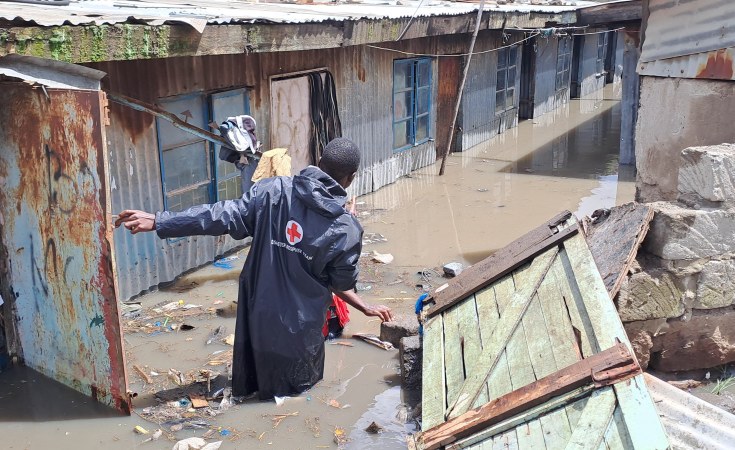The Ministry of Health has called on school administrators and management boards to take immediate action to safeguard children's health and safety amid ongoing heavy rains and potential flooding.
Schools reopened for the second term in Kenya on Monday last week after two postponements earlier in the month due to floods that claimed nearly 300 lives and damaged roads, infrastructure, and schools nationwide.
In total, more than 300,000 people have been affected by the deluge.
Principal Secretary for Public Health Mary Muthoni Muriuki emphasized the government's commitment to protecting the health and safety of learners, even as some schools remain closed due to the devastating effects of the floods.
"Our priority is to create a safe and supportive learning environment for all students during these challenging times. We urge all school administrations to be vigilant and proactive in implementing these measures," Mary stated.
The East Africa region has been experiencing relentless downpours in recent weeks, exacerbated by the El Niño weather pattern.
As a result, storms and flash floods transformed roads into gushing rivers and inundated homes with waist-high muddy water across the country, including in the capital Nairobi.
Due to the effects of the floods, the Ministry of Health has instructed all schools to clearly mark warning signs and evacuation routes, ensure that all drinking, cooking, and restroom water is treated or boiled, and encourage frequent hand washing and safe food preparation.
Additionally, schools are asked to ensure that restrooms and toilets are well-maintained, use mosquito nets and wear long sleeves in mosquito-prone areas, prevent students from playing or walking in floodwaters, properly store food to prevent contamination, monitor for disease symptoms, and quickly report any outbreaks.
The Ministry issued these recommendations as part of its ongoing efforts to minimize the effects of flooding and keep schools safe during severe weather. The Kenya Meteorological Department has warned that "heavy to very heavy" rainfall may continue in parts of the country until the end of May and potentially extend into the following weeks in other areas.
El Niño often has devastating consequences in East Africa, a region already impacted by repeated climate shocks.


